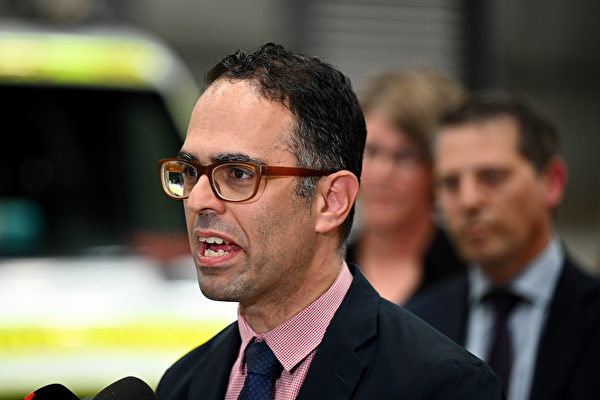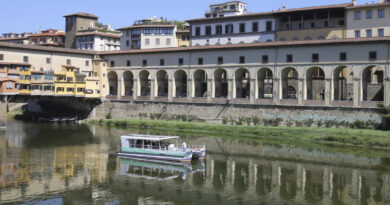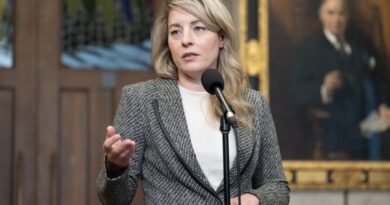Australia’s biggest private health insurers have agreed to pay a new single-room hospital rate of $892 for using public rooms.
Australia’s biggest private health insurers—Bupa, Medibank, NIB, and HCF, which together control 74 percent of the market—have agreed to voluntarily pay an additional $140 million (US$91 million) in higher hospital fees.
Starting Jan. 1, the health insurance giants will pay a single-room rate of $892 for using a public hospital room New South Wales (NSW), nearly double the previous amount.
Premier Chris Minns says the move ensures private health insurers are paying their fair share, adding that the decision will put $140 million back into state health coffers every year.
The move also responds to a new law giving the government the power to raise taxes on insurers that are unwilling to comply with these changes.
NSW Treasurer Daniel Mookhey said on Dec. 2 that the government had kept the door open for a resolution with private health insurers over several months of negotiations.
“We now have an agreement that benefits both our public hospitals and the millions of people who rely on them every day,” he said.
The prolonged stand-off between the major health funds and Mookhey was driven by his argument that taxpayers were losing out on $140 million annually.
Health Minister Ryan Park said his government had set out to resolve the issue with private health providers and felt it had now done so.
“This agreement means private funds resume paying their fair share and our public hospitals are better off,” he said.
“This is welcome news for patients and public hospitals and I am grateful we’ve been able to reach an outcome.”
In recent years, some insurers have chosen to pay a lower federal rate for shared beds, which is about $400 less than the NSW single-room rate.
Most of the 53 private health funds were persuaded to raise their payments after talks with Mookhey, but Bupa, Medibank, and NIB had resisted, warning that higher fees could lead to bill shock for consumers.
In NSW, about 46 percent of residents have private hospital coverage, which is slightly above the national average of 45 percent. It is also only state that taxes its citizens who have health insurance.
Government Holds Off On Raising Health Tax
The Minns Labor government remains confident it has saved money for the public system with the move.
In exchange for footing the full bill for public hospital rooms, the NSW government backed down on increasing the health insurance levy from $1.77 to $3.27 per adult from early next year.
The government claimed the health tax hike was necessary because several funds were not paying the government’s preferred rate for privately insured patient accommodation in single rooms in public hospitals.
This is despite all funds paying the legally required rate set by the Commonwealth, peak body Private Healthcare Australia said.
Increasing the tax would have raised the cost of health insurance from as early as Jan. 1 by $340 each year for family policies and $170 per annum for individual policies.
“The NSW government has clearly recognised their citizens are against this tax hike during the worst cost-of-living crisis most people have ever lived through,” Private Healthcare Australia CEO Rachel David said.
She said private health premiums were still likely to increase by an estimated 2.5 percent due to the new agreement.
Previously, she criticised the rate increase as an “opportunistic revenue grab” without clear justification.
“We don’t see how this will raise money when it could lead 60,000 to 100,000 people to drop or downgrade their private health insurance,” David said in October.
Source link



